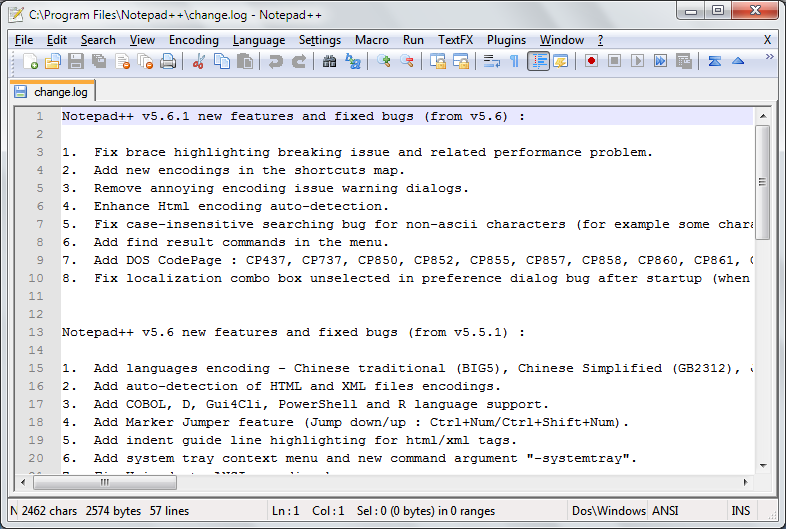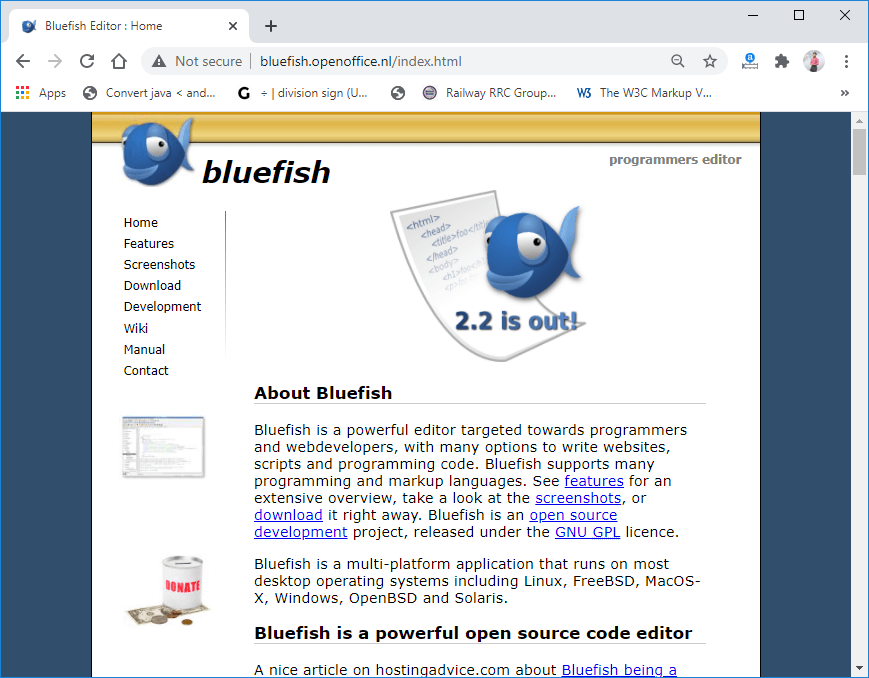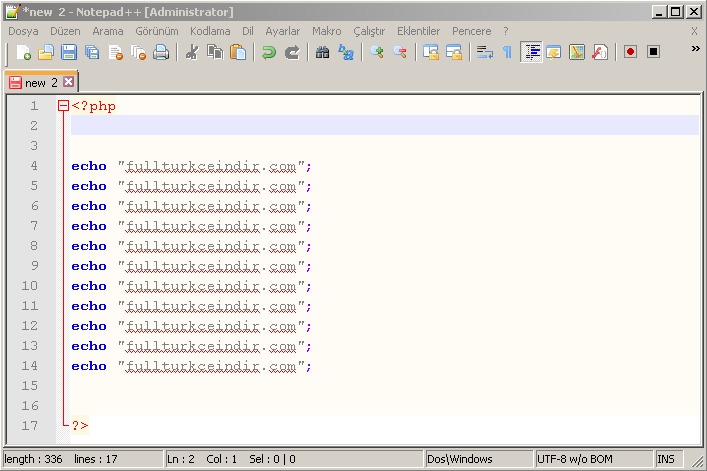

To start with, we first import the required packages and libraries into our python program. Import required packages and libraries #importing required packages and librariesįrom tkinter import filedialog,simpledialogįrom tkinter.scrolledtext import ScrolledText Read Also: How to install Python on Lubuntu OS Steps to create a Notepad using Python 1.

The Edit menu has options like Cut, Copy, Paste, Delete, Find, Select All, and Time/Date.

The File menu has options like New, Open, Save, Save As, and Exit.It is extremely useful for viewing or writing relatively short text documents saved as plain text. About NotepadĪs you must be already aware, Notepad is a simple text editor for Microsoft Windows that allows users to create text documents, save them as plain text, and edit plaintext files. This is a detailed tutorial with code and explanation using which you will be able to create your text editor/ Notepad using Python. Today we are going to learn how to build your text editor like Notepad using python.


 0 kommentar(er)
0 kommentar(er)
